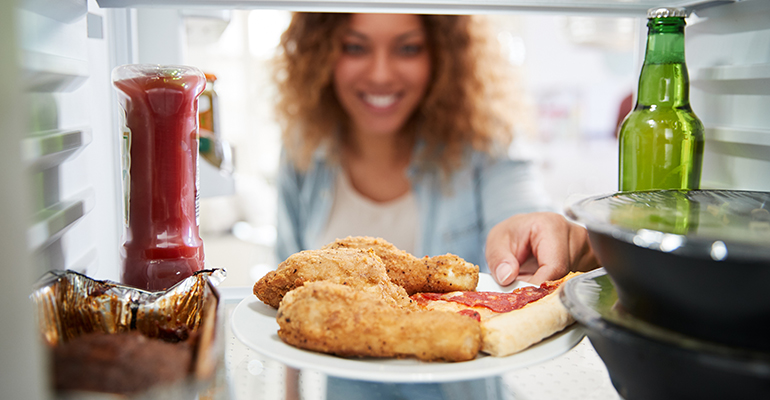Welcome to SJGLE.com! |Register for free|log in
Welcome to SJGLE.com! |Register for free|log in

Related Searches: Tea Vitamin Nutrients Ingredients paper cup packing
In the study, researchers looked to identify the total amount of greenhouse gas emissions attributable to the products purchased by over 57,000 U.S. households. The sum total of emissions included those associated with the food production cycle from growth to harvest for 83 different food items. As part of the analysis, researchers noted that 71% of homes surveyed could decrease their food carbon footprint.

Eating a healthy and sustainable diet has become increasingly popular as consumers look to support the environment through their food choices. As a result, highly-processed packaged foods have started to fall out of favor with consumers who are replacing these options with better-for-you alternatives that have higher nutritive values and that profess to be more sustainable for the environment.
While many products purport to be better for the environment, the study found that foods like savory bakery products and ready-made foods are an under-the-radar culprit. Individually these choices have relatively low carbon footprints, but because consumers typically purchase these products in large quantities, they can up to “significant emissions,” according to the study.
In addition to reducing the number of packaged bakery and ready-made foods and cutting out options that have high caloric content with a low nutritional value, researchers recommended that households with one or two members buy less food in bulk quantities. The packaging and the food waste associated with these purchases directly contribute to a household’s carbon footprint. To help encourage purchases in smaller quantities, manufacturers should offer cost-effective package sizes, the study suggested.
Sustainable food options have continued to gain importance for shoppers when filling their carts. Last year, the pandemic gave sustainably-minded brands a jolt since 11% more people say they made food purchases with sustainability in mind following months of quarantine, Kearney found. At the same time that people are professing to want more sustainable options, they are also talking with their wallets. Better-for-you junk food options have taken off as shoppers search to replac their favorite snacks with something that is better for both them and the environment.
Transporting food from farms to people’s plates also contributes a sizeable portion of the global greenhouse gas emissions However, data for packaging and transportation were not included in the study because that information was unavailable.
E-newsletter
Tags